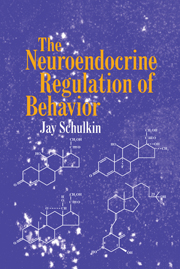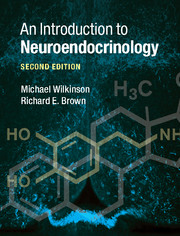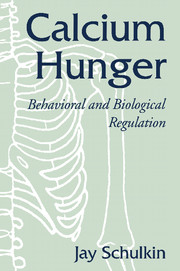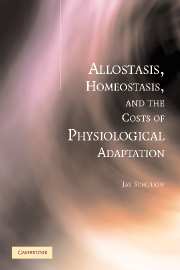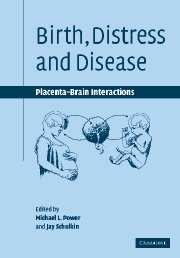The Neuroendocrine Regulation of Behavior
This text discusses the important role of steroids and neuropeptides in the regulation of behavior. The guiding principle behind the discussion is the concept of using good model animal systems to help us to understand how hormones influence the brain. The book emphasizes that steroids, and peptides or neuropeptides affect behavior by acting directly on the brain, and that common neural circuits underlie a variety of different central motive states. The first chapter focuses on developmental periods and sexually dimorphic behaviors; the second discusses sodium and water appetite, and ingestion; the third deals with appetite, food selection and ingestion. The fourth chapter examines how hormones influence parental behavior; the fifth is on fear and stress. The last chapter deals with biological clocks and endogenous rhythms. Senior undergraduate and graduate students in neuroscience, endocrinology, and physiology will find this text a useful guide to the role of hormones in behavior.
- An advanced text on the role of hormones in animal and human behavior
- Emphasizes that steroids, and peptides or neuropeptides affect behavior by acting directly on the brain, and that common neural circuits underlie a variety of different central motive states
- Useful reading for all neuroscientists, biopsychologists, and endocrinologists
Reviews & endorsements
' … a very well-written overview of selected topics and important concepts in behavioral neuroendocrinology … useful for teaching undergraduate and graduate students, but also for those interested in a brief overview of this fascinating area of research.' Charles E. Roselli, Trends in Endocrinology and Metabolism
Product details
March 1999Hardback
9780521453851
336 pages
241 × 162 × 26 mm
0.695kg
140 b/w illus. 4 tables
Available
Table of Contents
- Preface
- Introduction
- 1. Hormones, development and sexually dimorphic behaviors
- 2. Hormonal regulation of water and sodium ingestion
- 3. Hormonal regulation of food selection
- 4. Hormones, attachment and parental care
- 5. Hormonal regulation of fear and stress
- 6. Hormones, behavior and clocks
- Conclusion
- References.

